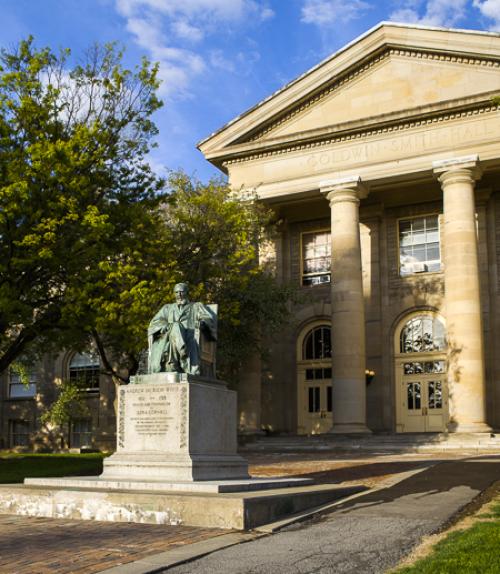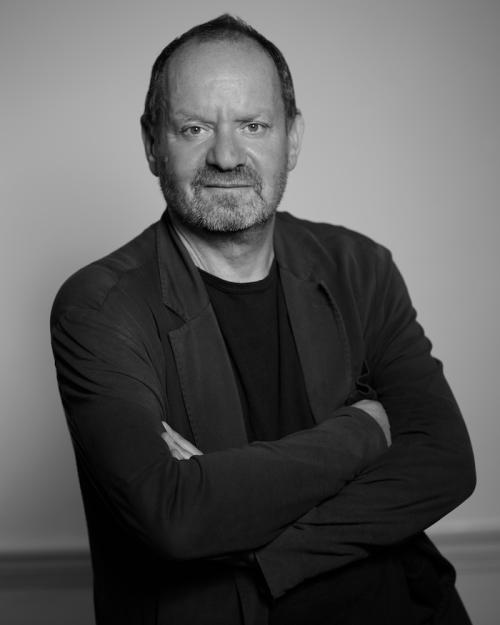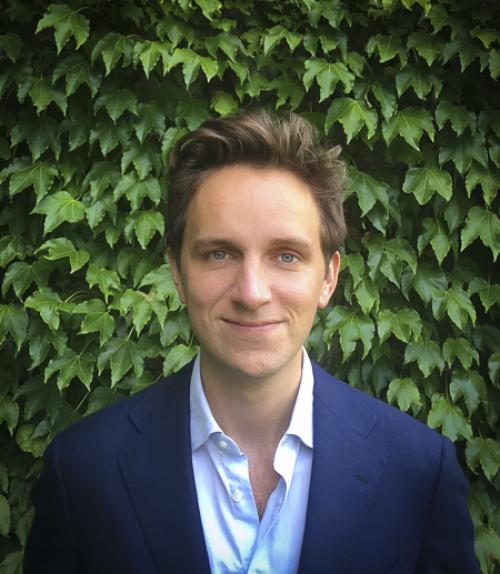Name and title:
Nicholas Mulder, Assistant Professor, History
Academic focus:
European and international history from 1870 to the present, with a particular focus on the interwar period (1914-1945) and on questions of political economy. I am also interested in international organizations, international law and the history of war.
Current research project:
I am currently putting the finishing touches on my first book, “The Economic Weapon,” a history of the origins of economic sanctions in interwar Europe. It examines what the architects of the first sanctions tried to achieve, what the intended and often unintended consequences of their policies were, and why sanctions have continued to be used so much in the past century, even though they are only very rarely successful. Simultaneously, I have begun research on a new project that examines the history of expropriation of private property between World War I and the 1970s, a period of war and revolution when state power increased dramatically and wealth inequality fell to unprecedentedly low levels. On the side, I am working on an analysis of why the European Union has become stuck in a recurring cycle of political-economic crisis and lackluster reform since the 2008 global financial crisis.
Previous positions:
- Postdoctoral Associate, Department of History, Cornell University, 2019-2020
Academic background:
- Ph.D., History, Columbia University, 2019
- M.Phil., Political thought and intellectual history, University of Cambridge, 2013
- B.A., Economics and philosophy, University College Utrecht, 2012
Last book read:
“The Tyrant Banderas” by Ramón del Valle-Inclán
In your own time/when not working:
I’m fond of cooking, going on hikes and reading novels.
Courses you’re most looking forward to teaching:
I’m very excited to teach a survey course in the History of Capitalism minor, called Stability and Crisis, which examines the global history of capitalism and democracy in the last 150 years. As many democracies are currently experiencing enormous economic and political upheaval, this course will provide a useful historical primer on understanding some of the unstable and chaotic dynamics of the present.
What most excites you about Cornell:
There are many things to be excited about, but two that are particularly joyful are the extremely smart and supportive colleagues in my own department and in adjacent disciplines at Cornell, and the prospect of working with current and new cohorts of Ph.D. students to revitalize Cornell as a place where a new generation of undergraduates and scholars can study and research European and international history.
Twitter:




